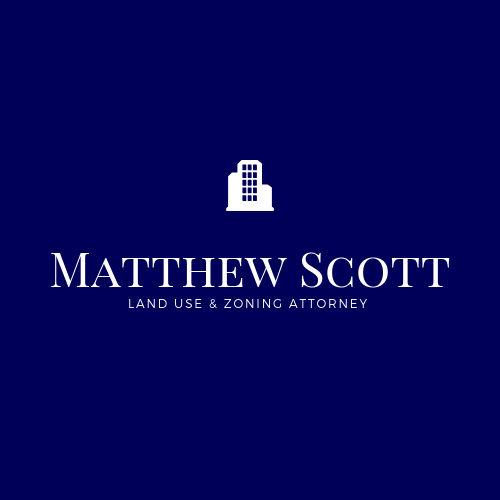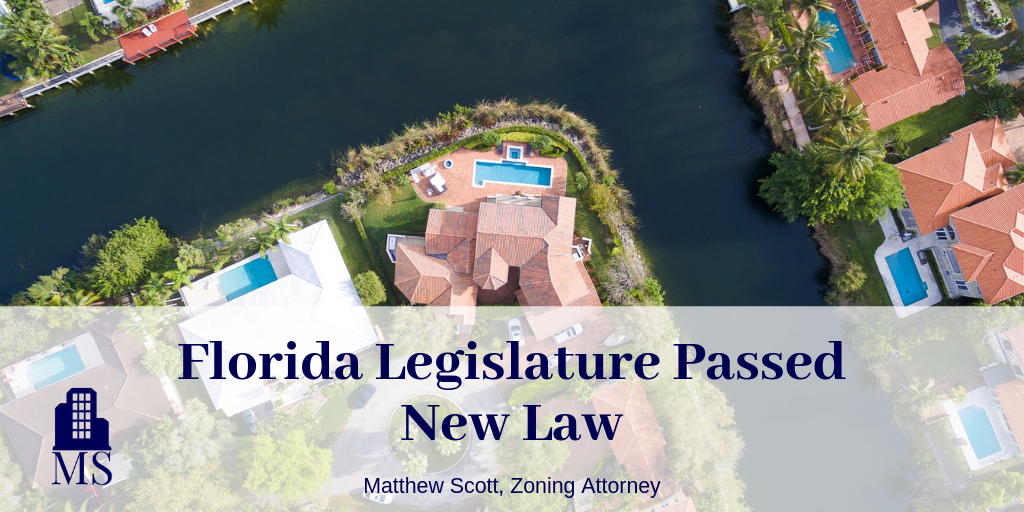During the 2019 legislative session, Florida’s legislature passed HB 7103, which relates to Community Development and Housing. This bill, among other things, modifies the current law pertaining to affordable housing, land development regulations, community planning, as well as condominium fire safety requirements. As expected, the Governor signed the bill into law.
Affordable Housing
The law, prior to the revisions, authorized counties and municipalities to force developers to provide affordable housing or make a payment to the government entity for affordable housing. With the new bill in place, local inclusionary housing ordinances that require a developer to provide for affordable housing must also provide incentives to the developer to offset the costs of the inclusionary affordable housing. Monroe County and the City of Key West are not included in this provision.
There is a need, without question, for Areas of Critical State Concern to start developing more workforce housing units for “essential services personnel.” The bill includes findings that support the need in these areas. Persons or families with total annual household income 120 percent or below the area median income and are employed as police, fire, childcare, education, health care, or service personnel are defined as such essential services personnel.
Development Permits and Orders
In addition, the new bill has created requirements and time limits for counties and municipalities when reviewing development applications. It is unclear at this time whether these new provisions, designed to speed up the development review process, will, in fact, help achieve the desired intent.
30-days: The local government is required to review an application for completeness and advise the applicant promptly whether there are deficiencies. If deficiencies are identified, applicants have 30 days to resubmit their applications addressing the issues.
120 days: The local government must approve, approve with conditions, or deny the application. If the applications require a quasi-judicial hearing or public hearing, it extends to 180 days.
Impact Fees
Impact Fees: Generally speaking, impact fees are charges levied by counties and cities against developers to offset the estimated impact of the project in question. For example, impact fees are charged for police service, roadways, schools, and public parks.
The new law prohibits local governments from requiring the payment of impact fees before issuing a building permit. A dual rational nexus test has been codified in this new bill requiring an impact fee to be proportional and have rational nexus between a new development proposal’s need and impact on other capital facilities and expenditures of funds and benefits that will accrue from the new proposed development.
Local government also must have ordinances setting forth that the impact fees required to be paid will benefit the new residents of the projects. The bill will also prohibit the use of impact fee revenues to pay for existing debt unless certain conditions were met. Mobility fees are now to be governed by the impact fee statutes, and the bill clarifies that water and sewer connection fees are not governed as impact fees.
Private Providers for Building Permit Review
The new law expands on building permit applicants’ right to have private plan reviewers review building permit plans in place of traditional government staff review. The bill also prohibits local building officials from replicating private providers’ plan reviews or inspections except under specific circumstances. Local jurisdictions will no longer be able to charge fees for building inspections when a private provider is hired unless it’s a reasonable administrative fee. The bill will minimize notification times as well as the time period for local building officials to review permit applications from a private provider. The goal of this law change is obviously to encourage expedited permit review.
Fire Safety Requirements for Residential Condominium Associations
Multi-family buildings that are 75 feet in height or taller must be retrofitted with fire sprinkler systems or an engineered life safety system according to the new law. The bill will extend the deadline to retrofit buildings with the sprinkler systems or engineered life safety systems to January 1st, 2024. instead of 2020. The bill will require condominium associations to include a fire safety component in their bylaws, acknowledging that the association must comply with the Fire Code and retrofitting requirements.
With this law in effect, there will be many changes implemented into the community development and housing sector. To read more of the bill’s provisions, visit The Florida Senate.

